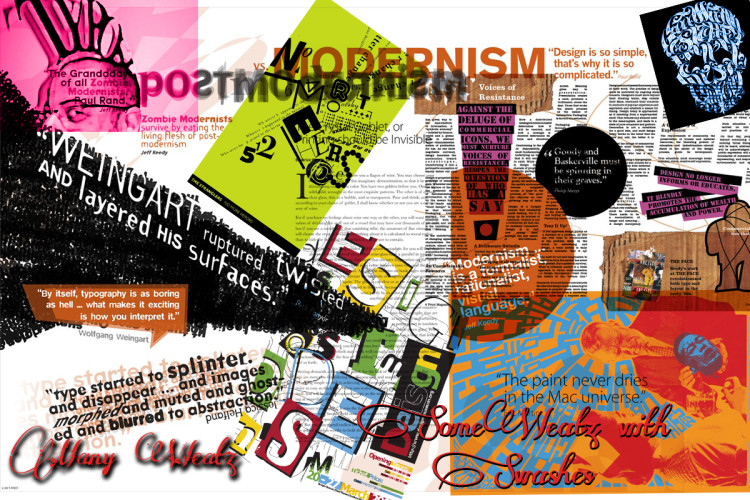

The two held on to the hoax for years and the news of the alleged beast sightings spread like wildfire around central Sussex County. Stevens would hide in the shallows of the woods then jump out at passing cars on Route 54. The costume was made by the actor, Fred Stevens, using his Aunt Dorothy’s old raccoon hat, a scary mask, and club. He even went so far as to have a friend dress up and play the role of the yeti-like creature. Over 40 years ago Ralph Grapperhaus, the appreciated editor of the Delmarva News willingly admitted to creating the hoax, producing the story of a monster that inhabited the Great Cypress Swamp.

Whether you believe in the legends or not, there may be a more obvious explanation to the fabled tale. Because after the final scene is overtaken by a blinding white light, Netflix's new cerebral film will demand your own final verdict as Steve asks aloud, "What do you see when you see me?" Whatever conclusion you draw about him and his situation might just tell you a lot about yourself.Since the early 1960’s legend has it that a grotesque creature know as the “Selbyville Swamp Monster” lurks in the murky terrain of the Great Cypress Swamp in Selbyville, Delaware.
Unfolder monster movie#
Monster is a movie that should be studied, debated, and, most importantly, watched with bated breath. It’s far more interested in flipping the script, turning its audience into off-screen members of the jury, and making them take a stance on whether they deem Steve to be a monster.

This courtroom drama is not a movie that’s content with simply showing you how fucked up America’s criminal justice system is. The grey area between guilt and innocence, humanity and monstrosity is what makes Monster so intriguing and refreshing. The only problem is that Steve, like many people, falls somewhere in between. Harmon, on the other hand, stresses the importance of church and prestige, providing a "respectable" understanding of innocence. Bobo provides a conventional take on what many might assume the human embodiment of guilt and monstrosity looks like. Hudson, who plays Steve’s mother, and Washington, who plays King’s cousin Richard "Bobo" Evans, both give impressive performances that could have shined even brighter given more screen time, and their characters offer great foils to the jury’s perception of Steve. ( Luce, It Comes at Night, Waves) and Mayers ( Dope) both bring a powerful authenticity to their roles, but the smaller contributions throughout the film are just as noteworthy. On paper, that ensemble looks great, and on screen, they’re even better. In addition to its conceptual premise, Monster boasts a star-studded cast, including Jennifer Hudson (soon to be Aretha Franklin in the upcoming film Respect), John David Washington ( Tenet, BlacKkKlansman), Dorian Missick ( Southland), Jeffrey Wright ( Westworld), and Nasir “Nas” Jones ( Belly). Monster is also told through a nonlinear narrative structure that's both stylish and thought-provoking, as motifs such as trust versus mistrust and the perception of truth are cleverly explored through parallel scenes from Steve’s past and his present. Meta-framed through the lens of filmmaking, Steve’s journey is presented through screenplays and monologues and even deconstructed by flashbacks to lectures from his film teacher (Tim Blake Nelson). While doing so, it becomes clear that Monster is an absolute masterclass in storytelling.

From the moment the prosecutor (Paul Ben-Victor) delivers his opening statement and declares that the jury should behold Steve as a monster, the film strategically challenges our perceptions of the criminal justice system and those-both innocent and guilty-who are enthralled in it. As Steve's ties to a neighborhood acquaintance James King (Rakim "A$AP Rocky" Mayers) are revealed, Monster transitions into a cinematic exercise that tests the caveats of one’s perspective. However, it’s imperative to stick around to see Monster gradually unfold.


 0 kommentar(er)
0 kommentar(er)
